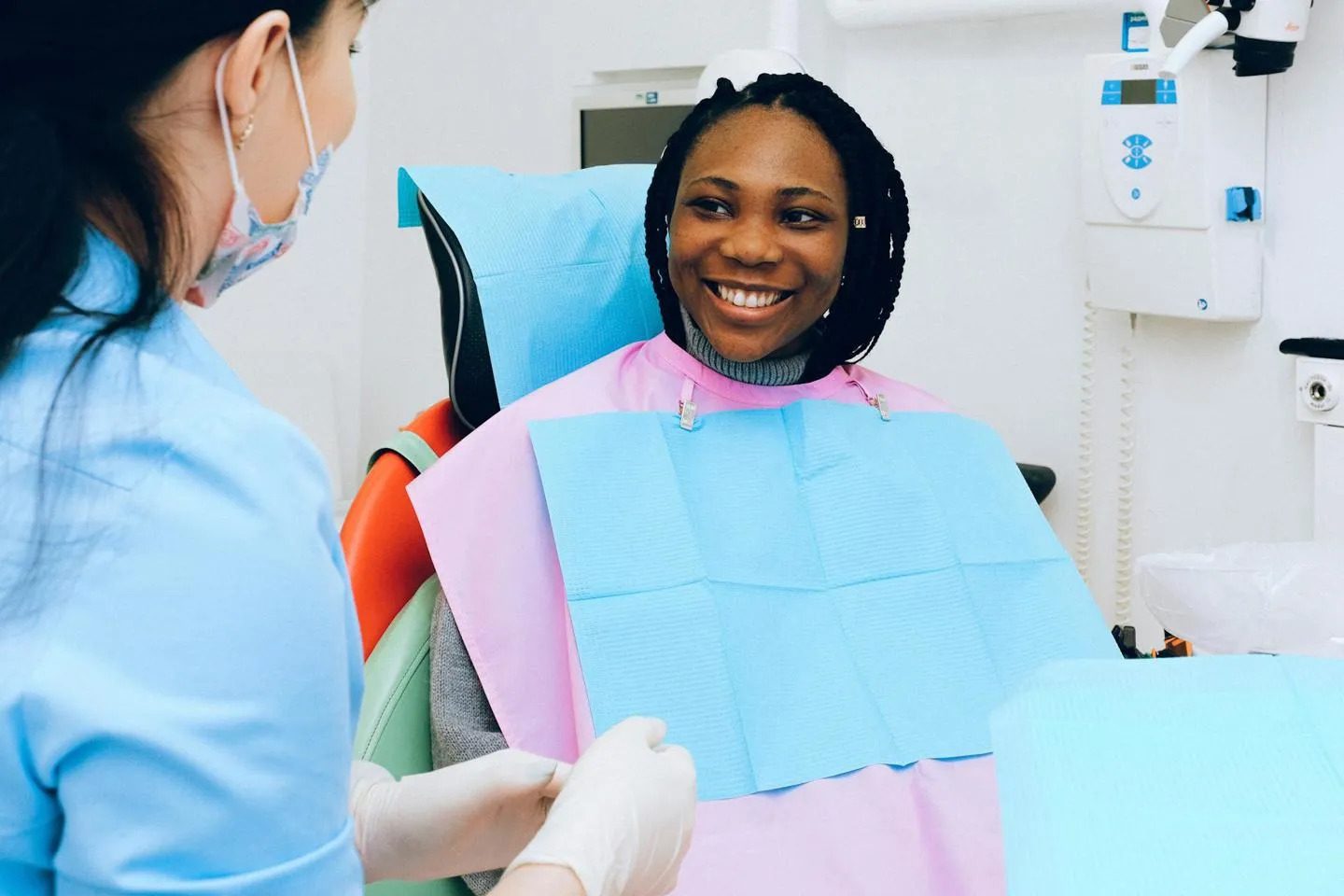Identifying mechanisms and druggable targets for the treatment of PSC/IBD

Research theme
People involved
Consultant Gastroenterologist
Status: Ongoing
Primary sclerosing cholangitis (PSC) is a rare hepatobiliary manifestation of Inflammatory Bowel Disease (IBD) that is associated with significant and disproportionate unmet needs and a higher all-cause mortality compared with IBD alone. Unfortunately, no medical therapy has been proven to slow disease progression in PSC-IBD, and liver transplantation is the only life-saving intervention for patients.
We recently identified distinct mucosal transcriptomic profiles in PSC-IBD with regard to bile acid metabolism, bile acid signalling and a central role of enteric dysbiosis. Data from other groups have shown that oral vancomycin attenuates colonic inflammation and improves biochemical markers of cholestasis in PSC.
Project aims
In our study, we hypothesise that oral vancomycin attenuates colonic mucosal inflammation in PSC-IBD by restoring gut microbiota-mediated bile acid homeostatic pathways. We aim to identify druggable gut microbial and host molecular pathways associated with bile acid-mediated colonic mucosal inflammation in PSC-IBD.
The study is funded by the European Crohn’s and Colitis Organisation (ECCO) and its results will inform our Next Generation Probiotics project
Research projects

Miniature ultrasound platform for imaging in inflammatory…
This research project was awarded the 2024 Birmingham BRC Collaboration Fund Inflammatory diseases…

Investigating shared cellular pathology in the gut-joint…
This research project was awarded the 2024 Birmingham BRC Collaboration Fund There is…

Advanced clinical nutrition: combining sensory perception with…
This research project was awarded the 2024 Birmingham BRC Collaboration Fund We aim…



